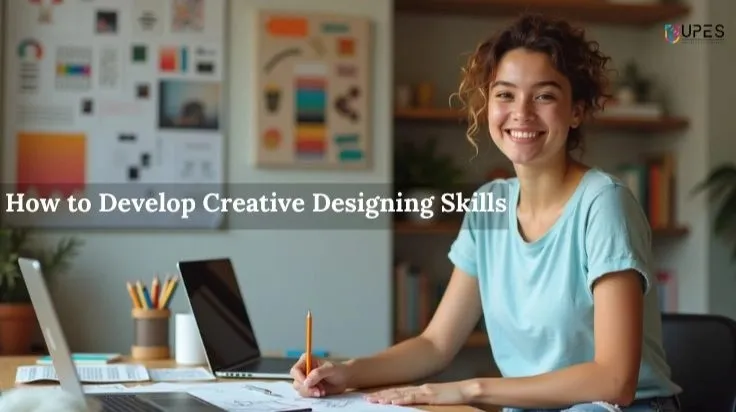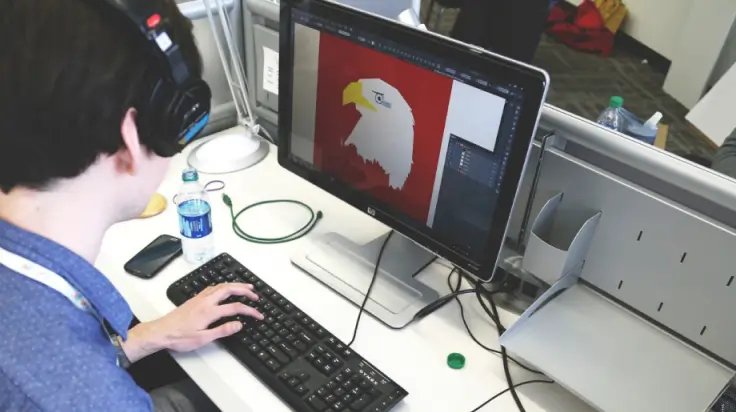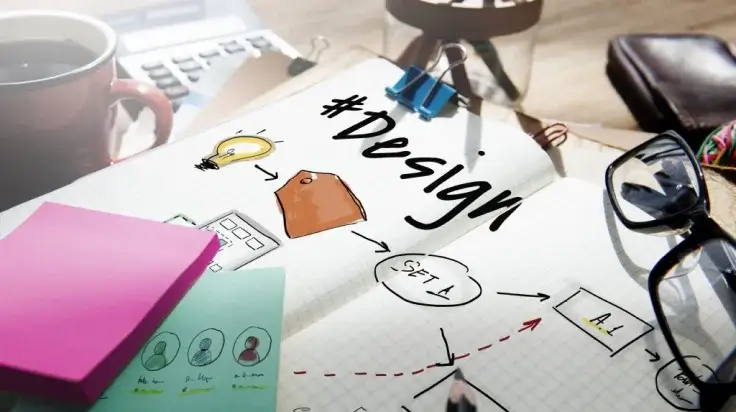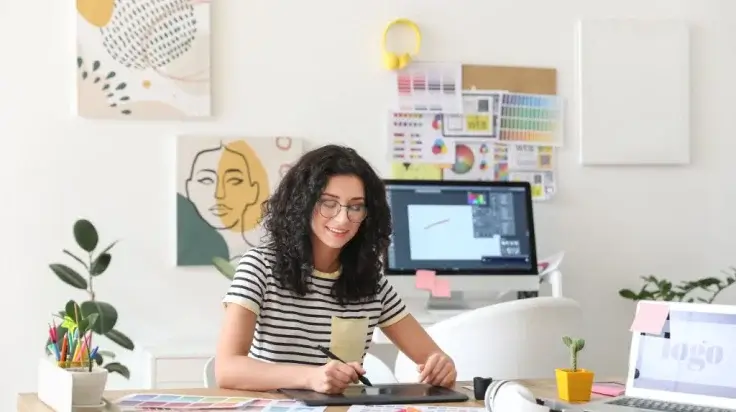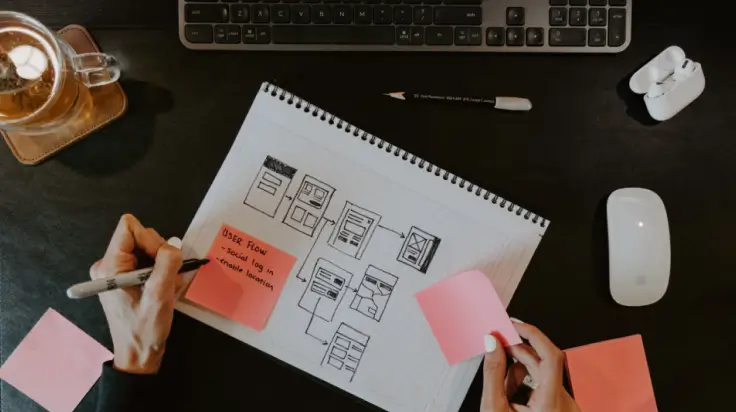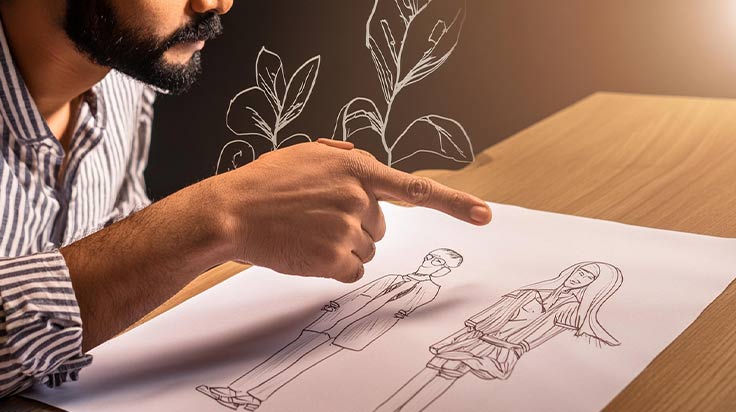10 Must Have Interior Design Skills for Career Success
- UPES Editorial Team
- Published 04/03/2025
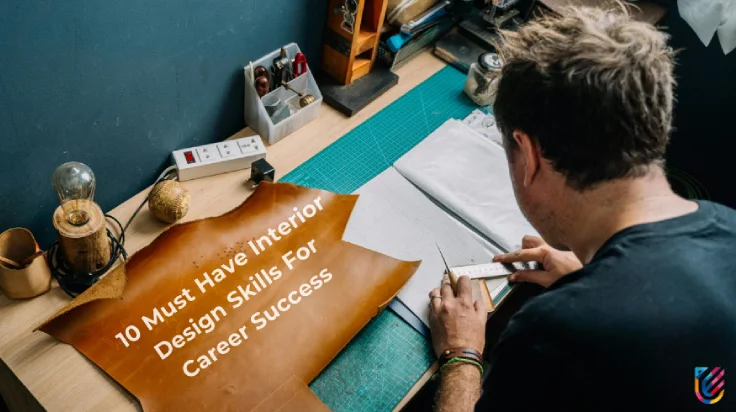
Table of Contents:
Visually appealing interior designs tend to leave an indelible mark on human minds. The designs speak volume about a space’s intention, purpose, and vision. Cluttered spaces are a big NO! In today’s era, minimalistic tones set high standards. Be it homes, office spaces, schools, government institutions, every institution needs the vision of a skilled interior designer. Having the right skill set within the field of designing, can help you build a lucrative and demanding career for yourself. Sure, it can be grilling but equally enthralling too! Are you ready to master some interior designer skills and play around with concepts and ideas? Read more to know all about interior designing, interior designer skills, design courses, and more.
Become future-ready with our Design programs
Know MoreWhat is Interior Designing?
The art of designing spaces in a building that’s aesthetically pleasing, and functional, is interior designing. The process involves an inclusive understanding of people, their needs, group they belong to, nature of work, right mix of lighting, colours, and materials, to design spaces accordingly.
Interior Designer Job Description
Being an interior designer is to be a powerhouse of creativity and ideas that truly reflect the tone and requirements of your clients. And we all know how hard it can be impressing other people! Below we have enunciated for you the basic job descriptions and requirements of an interior designer. Read on to know what to expect in the journey:
- Determine space requirements
- Select colors, lighting, and materials
- Create, modify, and coordinate interior space elements
- Ensure safety and functionality
- Draw, read, and edit blueprints
Interior designing is the art and science of enhancing the interiors of a space to achieve a healthier and more aesthetically pleasing environment for users.
Technical Skills Every Interior Designer Must Master
Interior design relies heavily on technical expertise to bring ideas to life. These skills include:
1. Proficiency in Design Software
Modern interior designers use tools like AutoCAD, SketchUp, Revit, and Adobe Creative Suite to create precise and visually appealing designs. Mastering these platforms is non-negotiable in the digital age.
2. Material Knowledge
Understanding various materials, their durability, sustainability, and aesthetic properties is critical for making informed design decisions.
3. Spatial Awareness
Interior designers need a sharp sense of proportion and scale to make spaces look and feel right.
4. Lighting Design
Lighting is crucial in setting the mood of a space. Knowing how to balance natural and artificial lighting is an invaluable interior designer skill.
Soft Skills That Elevate an Interior Designer
Beyond technical abilities, soft skills play a vital role in establishing a thriving interior design career.
1. Communication Skills
Clear communication helps interior designers convey their vision to clients and collaborate effectively with architects, contractors, and suppliers.
2. Project Management
Balancing budgets, timelines, and resources is a daily part of an interior designer’s job description. Strong project management skills ensure smooth execution.
3. Problem-Solving
Every project comes with its challenges, whether it’s a limited budget or architectural constraints. A skilled designer offers innovative solutions while keeping client needs in focus.
4. Adaptability
Interior design trends evolve constantly. Staying open to new ideas and adaptable to changes ensures long-term success.
What Qualities Should an Interior Designer Have?
A successful interior designer is more than technically skilled; they embody key personal qualities:
- Creativity: The ability to think outside the box and create unique designs.
- Attention to Detail: Precision in every aspect, from layouts to decor elements.
- Empathy: A deep understanding of client needs and preferences.
- Innovation: Staying ahead of trends and embracing cutting-edge techniques.
All the above listed qualities help refine the designer into a more proactive, creative, and successful professional.
How to Become an Interior Designer
If you’re wondering how to become an interior designer, here’s a step-by-step guide:
1. Pursue an Interior Design Degree
A formal education is essential to gain technical expertise and credibility. The B.Des in Interior and Retail Space Design at UPES offers a comprehensive curriculum that combines design principles, technical training, and industry exposure.
2. Gain Practical Experience
Internships or apprenticeships with established design firms help you understand real-world challenges and solutions, enhancing your basic knowledge of interior design.
3. Build a Portfolio
Your portfolio is your most important tool for showcasing your skills and creativity. Include a variety of projects that demonstrate your versatility and technical expertise.
4. Stay Updated with Industry Trends
Regularly updating your knowledge of materials, tools, and sustainable practices keeps you competitive in the ever-evolving design landscape.
5. Obtain Certifications
Professional certifications, such as those from the National Council for Interior Design Qualification (NCIDQ), can boost your credentials and career prospects.
The journey to becoming an interior designer can be simplified with the above steps, if you work in the right direction. Take notice!
Career Opportunities in Interior Design
Interior design offers diverse career paths across multiple industries. Some of the most popular job roles include:
1. Residential Designer
Specializing in creating functional and beautiful living spaces for homes.
2. Commercial Interior Designer
Designing offices, retail stores, restaurants, and other commercial spaces to align with business goals.
3. Hospitality Designer
Creating luxurious and welcoming interiors for hotels, resorts, and entertainment venues.
4. Exhibition Designer
Designing event and exhibition spaces to highlight products, brands, or services effectively.
5. Sustainable Designer
Focusing on eco-friendly materials and sustainable design practices to meet environmental goals.
6. Freelance Designer
Operating independently, working on projects across various domains based on your preferences.
Once you have built up the right skill set, multiple job roles and opportunities open up!
Interior Designer Salary
The interior designer salary varies based on experience, location, and course specialization.
- Entry-Level Designers: ₹2.5-4 LPA in India
- Mid-Level Designers: ₹6-10 LPA
- Senior Designers or Design Managers: ₹12-20 LPA
Freelance designers have the potential to earn significantly based on the scale and complexity of their projects.
FAQs About Interior Design
1. What is Interior Designing?
Interior designing involves planning, designing, and decorating spaces to improve functionality and aesthetics while reflecting the client’s personality or brand.
2. What is the Work of an Interior Designer?
An interior designer creates layouts, selects materials, collaborates with contractors, and ensures the final design meets the client’s needs.
3. What Qualifications Are Required for Interior Designers?
Typically, a bachelor’s degree in interior design is required. Specialized courses, like the one offered by UPES, can further enhance your career prospects.
4. Is Interior Design a Good Career?
Yes! With rising demand for well-designed spaces, the field offers lucrative opportunities and creative satisfaction.

Our counsellors are just a click away.
Conclusion
Interior design is a dynamic and rewarding career that requires a blend of technical expertise, creativity, and soft skills. By mastering these interior designer skills and pursuing the right qualifications, you can build a thriving career in this exciting field. To kickstart your journey, consider enrolling in the B.Des in Interior and Retail Space Design at UPES. This program equips you with the knowledge, skills, and practical experience needed to succeed in the competitive world of interior design.
Play your part in creating awesome spaces. Let your work bedazzle the world of interior design. Apply Today!
UPES Editorial Team
Written by the UPES Editorial Team
UPES Admission Enquiry
Subscribe to UPES Blogs
Join our community for exclusive stories, insights, and updates
By clicking the "Subscribe" button, I agree and accept the privacy policy of UPES.















